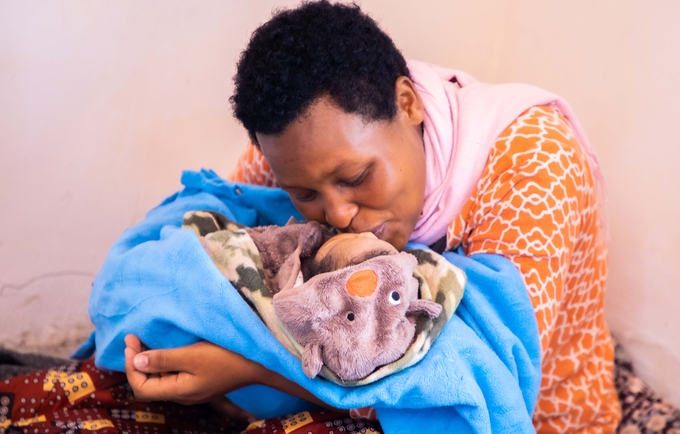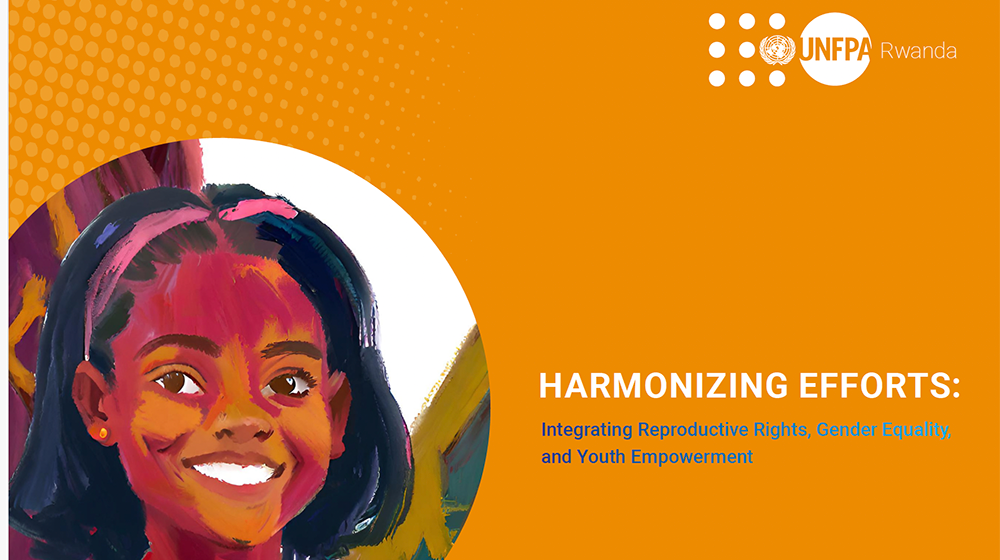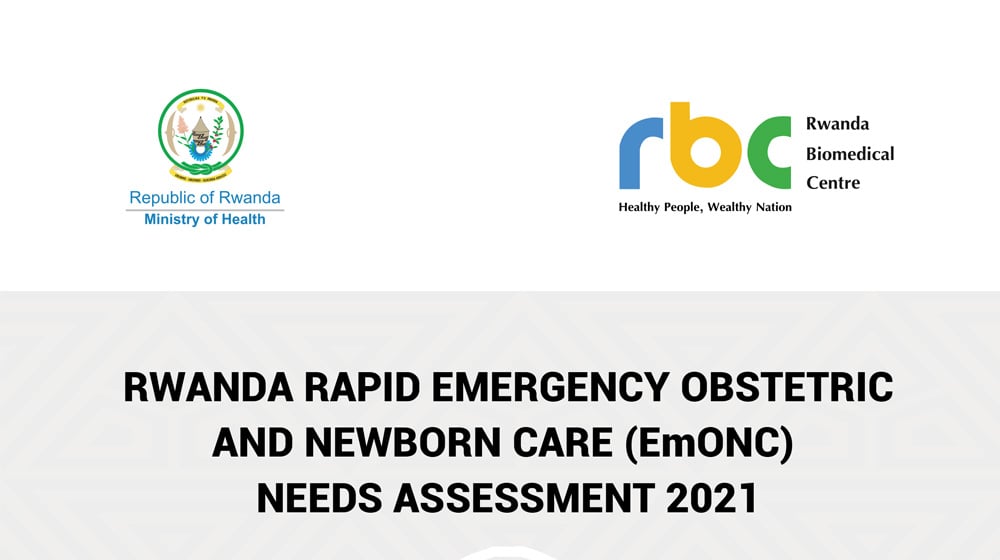Between 2000 and 2020, the maternal mortality ratio declined by 34% worldwide. Yet an estimated 810 women continue to die during and following pregnancy and childbirth with the majority of deaths occurring in low- and middle-income countries. According to the World Health Organization’s (WHO) key facts on maternal mortality, 95% of all maternal deaths occur in developing countries. Maternal mortality is decreasing globally, but not fast enough and with critical inequalities across the regions of the world. Dying while giving birth is not only an unacceptable human rights violation but also violence against women in times where the majority of maternal deaths are preventable if appropriate healthcare is provided. For every woman who dies of pregnancy-related causes, many more suffer from morbidity, disabilities and long-term ill health.
The high number of maternal deaths in some areas of the world reflects inequalities in access to quality health services. Most maternal deaths are preventable, as the healthcare solutions to prevent or manage complications are well known. All women need access to high-quality care in pregnancy, and during and after childbirth. Maternal health and newborn health are closely linked. It is particularly important that all births are attended by skilled health professionals, as timely treatment can make the difference between life and death for the mother and the newborn.
UNFPA Rwanda works with the Ministry of Health, Ministry of Education/University of Rwanda to improve maternal health outcomes through dedicated investment in Emergency Obstetric and Neonatal Care Services, Maternal Health Care, promotion of the midwifery profession, as well as supports the ongoing efforts to end obstetric fistula in Rwanda.
UNFPA supports health system strengthening programs to ensure every pregnancy is wanted and every childbirth is safe through the education of midwives. By utilizing innovative technology like the Mobile Learning System, UNFPA enhances the health information system, enabling the generation of real-time data not only concerning maternal health but also spanning the entire range of interventions related to Reproductive, Maternal, Neonatal, Child, and Adolescent Health, adopting a life cycle and integrated approach.




